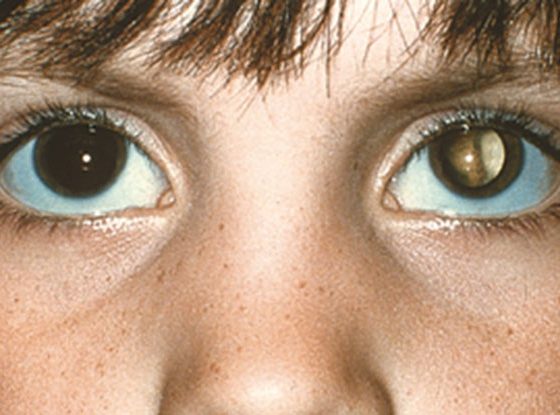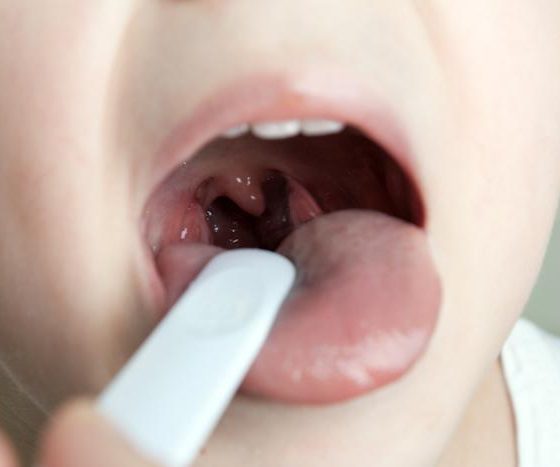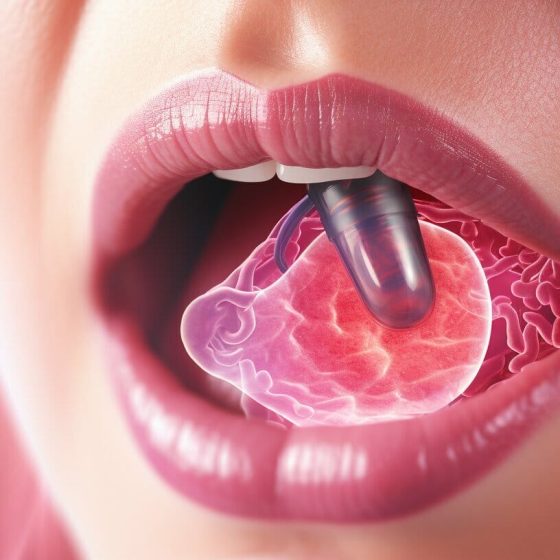Treatment for pseudomyxoma peritonei
The main treatments for pseudomyxoma peritonei (PMP) are surgery and chemotherapy. Your treatment depends on the size of the cancer and your general health. You might not start treatment straight away. Your doctor closely monitors your cancer in case you need treatment in the future. This is called watch and wait. If you need treatment you might have: surgery combined with chemotherapy into the tummy (abdomen) surgery to remove as much cancer as possible (debulking surgery) chemotherapy Watch and wait Your doctor might decide to closely monitor your cancer if it’s small and slow growing and you don’t currently need





